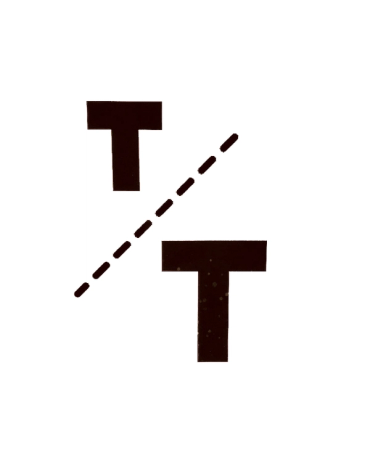Training
Outstanding figures of the peasant movement are invited to spend some time at Inland headquarters in a sort of Farmer in Residence programme. Training is offered in areas such as Project Definition, Project Management, Languages, Communication and Media Techniques, History and Philosophy of Farmer Struggles and Global Geopolitics.
Pastoralist leaders from different regions of the world, members of the World Alliance of Mobile Pastoralists, are also invited. The aim is to provide scholarships to three leaders per year to acquire new skills they can apply back in their communities in self-managed development projects, and build up their capacities for the defence of their way of life.
During their stay, exchanges and engagement with local shepherds and the farming community will be encouraged through cohabitation and joint presentations and debates, and tutoring in the Shepherds School classes.
Currently we are searching for donors to support the grants scheme.
The Shepherds School was started as an independent project in 2004 in the Northern Spanish mountains and is now replicated in the mountain ranges surrounding Madrid.It offers an education in new technologies to existing shepherds and training to young people from urban contexts interested in learning shepherding. Annual courses are 5 months long, starting with a theoretical component in which subjects range from Zoology, Farming Policies, Mountain Ecology, Outdoors Skills and Veterinary Practices to Cheese Making. The students learn the practical component of the course whilst living together with a professional shepherd and sharing the everyday with their tutor.
Part of the project was the redesign and refurbishment of 4 mountain cabins , 2 mountain dairies, and 2 milking rooms. All these facilities are offered to the graduating students free of charge if they choose to pick up the trade.
Together with those infrastructures for summer high mountain pastures, the Shepherds School has a model farm in the valley for winter production with accommodation, classroom and library for the students.
The Shepherd School also carries out other activities such as travel exchanges between shepherds from different countries or regions, tutoring post-graduate field researchers interested in pastoralist culture, as well as advocating and facilitating pastoralists representative organisations from Europe and other parts of the world.
The Elemental School of Crafts is based in an ancient abbey in the mountains of the island of Mallorca. It offers free training for unemployed local youth to learn from crafts masters – who at the same time witness their materials and skills re-interpteted and developed by invited contemporary artists and designers, searching for new uses, aesthetics and markets for these crafts. The courses range from Dry Stone Building, Wool, Vegetal Fibres, to Pottery or Food Crafts.
The courses are also open to visitors and subject to a registration fee.
The schedule of the courses varies so please subscribe to the newsletter to keep up to date.
Specific short courses on crafts and different skills such as bread making or earth building are offered in collaboration with similar peer initiatives all around.
Art, Agroecology and Peasant knowledges´ composition towards sustainable rural development

new curriculum seeks to create a multidisciplinary knowledge program around the relationship between art, farmers' knowledge and agroecology. First, through the foundation of a Scientific-Artistic Committee of experts to design and equip this new curriculum content, which will then be expanded and contrast in practice with groups of students, farmers and herdsmen. These meetings take as practice space an Art and Agroecology Center as a pilot village or experimental rural nucleus and laboratory of these integral forms of rural development.
A fundamental part of the transition for our societies toward sustainability lies in reuniting countryside-city, culture-nature, the territorial equilibrium and design and extension of productive systems, local economies and resilient, inclusive and sustainable communities. Specialists from various scientific fields (Ecological Economics, Sociology, Agronomy, Sustainable Engineering, Bioarchitecture) meet in teams that promote processes of Rural Agroecological Development. Their knowledge, nevertheless, lacks the ability to connect with local communities, to set up visions and values, to give form to a new culture. The artists, in turn, have to consolidate their creative labor, giving it functional value in these processes. The Art and Agroecology Center, as an experimental model village and laboratory, promotes the synergy between areas of knowledge and its implementation, so that future multidisciplinary professionals, together with local communities, can extend transformative initiatives successfully.
If you wish to know more about the project visit newcurriculum.inland.org where you will find updated info, work materials and the blog.
Co-funded by the Creative Europe Programme of the European Union as part of the project the Table and the Territory. The project continues within the framework of Transformative Territories, funded by the European Union. Views and opinions expressed are however those of the author(s) only and do not necessarily reflect those of the European Union or the European Education and Culture Executive Agency (EACEA). Neither the European Union nor EACEA can be held responsible for them.

